When it comes to unsecured personal loans, there are a few risks that you should be aware of before you decide to take one out. In this blog post, we will discuss the top 10 risks associated with unsecured personal loans. We will also provide tips on how to protect yourself from these risks. So if you’re thinking about taking out an unsecured personal loan, make sure to read this post!
10 Risks of Unsecured Personal Loans:
Risk #1 is that you may not be able to pay back the loan.
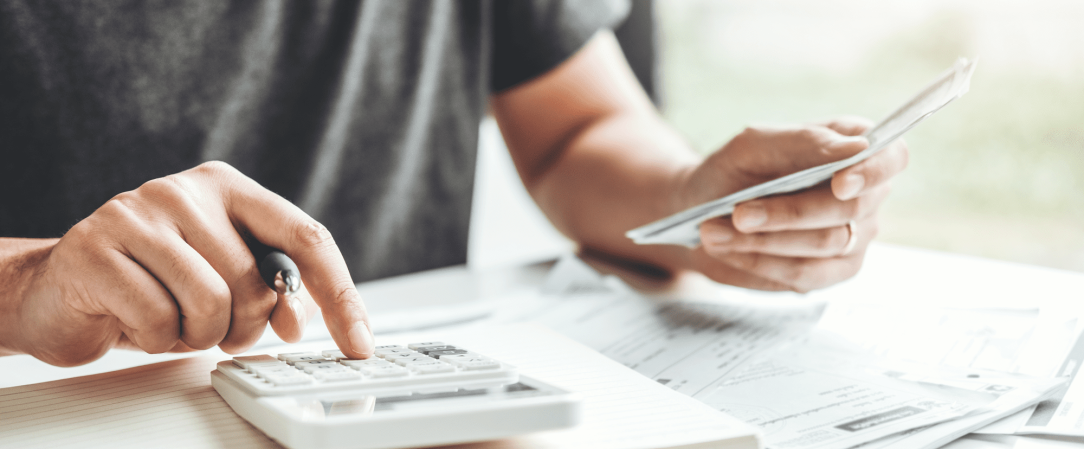
Source: investopedia.com
If this happens, then your credit score will suffer from late payments and possibly even default on the loan. This may also result in additional fees or penalties being applied to your account, which could lead to higher interest rates down the road.
How to protect yourself from this risk: Make sure that you can afford the monthly payments before taking out a loan. If you have any doubts, it’s best to consult with a financial advisor.
Risk #2 is that the interest rate may increase over time.
This can happen if there are changes to your credit score or other factors.
How to protect yourself from this risk: Make sure you understand the rate caps and know what they mean for your personal loan.
Risk #3 is that you could lose your job.
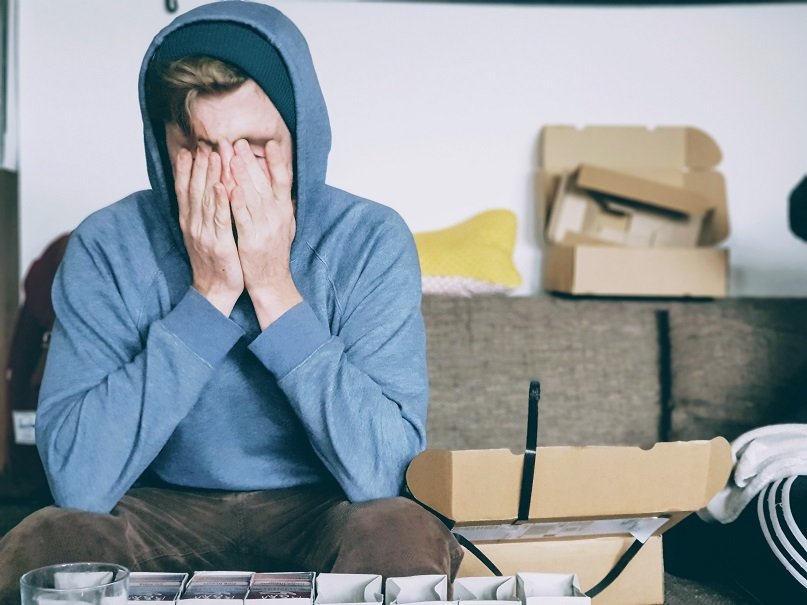
Source: greater.com.au
If you lose your job, you may not be able to make the monthly payments on your loan. This could lead to defaulting on the loan, and could even ruin your credit score. Your creditor may also hire a collection firm like https://texascollections.com to come after you.
How to protect yourself from this risk: Make sure you have an emergency fund set aside so that if you do lose your job, there will be money available for living expenses.
Risk #4 is that you could get sick or injured.
If this happens, then your medical bills may pile up and make it difficult to pay back the loan. This could lead to defaulting on the loan, which would ruin your credit score.
How to protect yourself from this risk: Make sure you either have health insurance or an emergency fund set aside so you can afford medical bills if something were to happen.
Risk #5 is that you could get divorced.
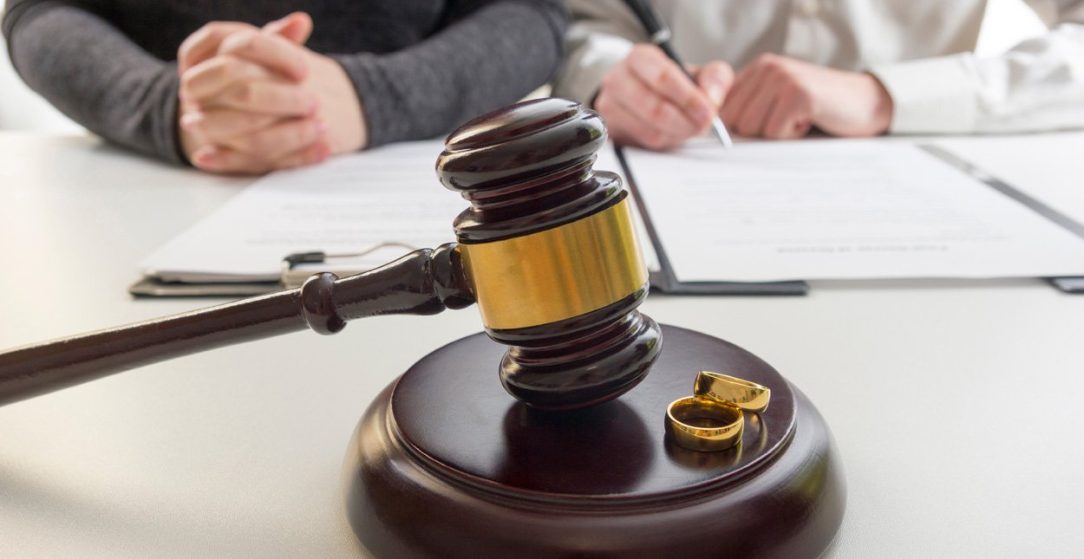
Source: badcredit.org
If this happens, then the divorce settlement may require one spouse to pay off their debt. This could lead to one spouse defaulting on the loan, which would ruin their credit score.
How to protect yourself from this risk: Make sure you are aware of any loans that have been taken out jointly before getting married so you can make sure those debts get paid off first.
Risk #6 is that you could have a car accident.
If this happens, the medical bills from the accident could pile up and make it difficult to pay back the loan. This could lead to defaulting on the loan, which would ruin your credit score.
How to protect yourself from this risk: Make sure you have health insurance or an emergency fund set aside so you can afford medical bills if something were to happen.
Risk #7 is that you could die.
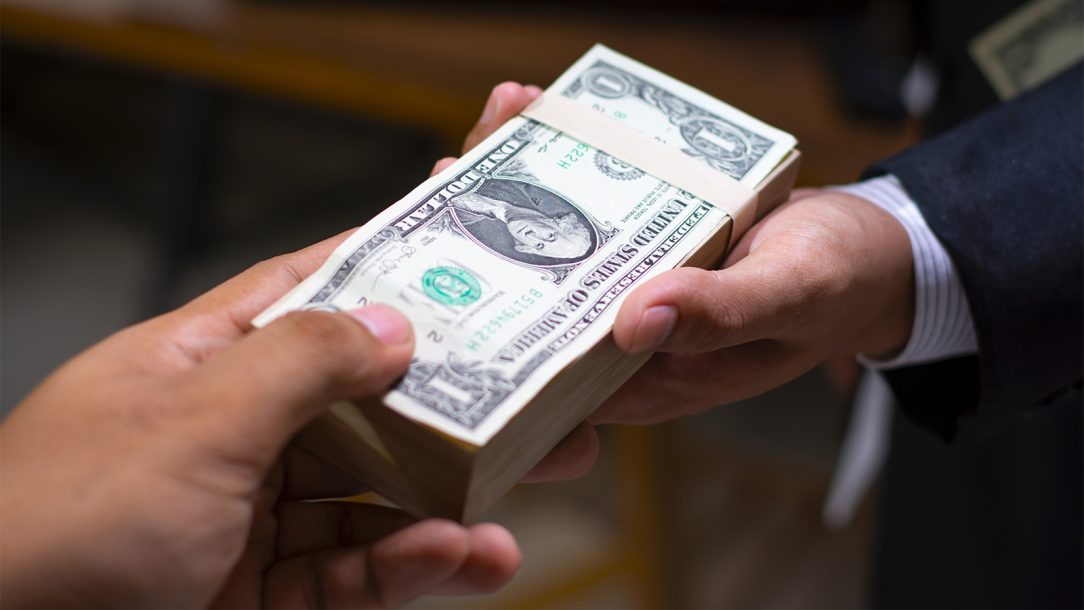
Source: howstuffworks.com
If this happens, then your family will inherit the debt and may have to pay it off. This could lead to one spouse defaulting on the loan, which would ruin their credit score.
How to protect yourself from this risk: Make sure you have life insurance so your family will be taken care of if something were to happen to you.
Risk #8 is that you could get sued.
If this happens, the person who sues you may be able to garnish your wages or even take your home. This could lead to defaulting on the loan, which would ruin your credit score.
How to protect yourself from this risk: Make sure you have liability insurance in case you are sued.
Risk #9 is that you could fall for a scam.
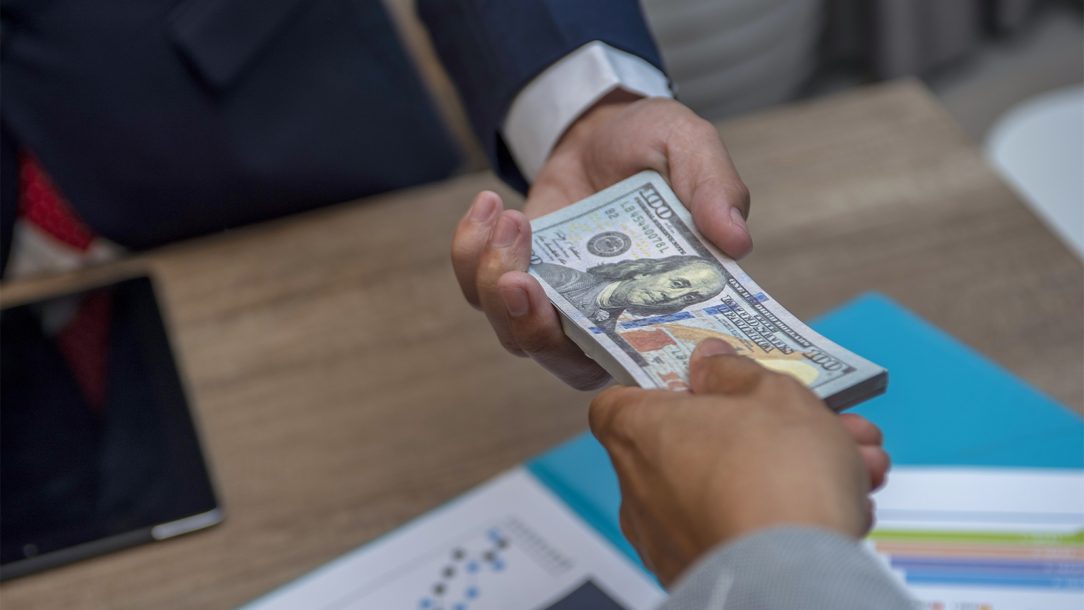
Source: howstuffworks.com
There are unscrupulous lenders who may try to take advantage of people who are in need of money. They could use false advertising or even threaten violence if you don’t pay them back.
How to protect yourself from this risk: Make sure you do your research before taking out a loan and only borrow from reputable lenders.
The final risk is that you could become overwhelmed with debt.
If you take out too many loans, you may find yourself unable to keep up with the payments. This could lead to defaulting on the loan, which would ruin your credit score.
How to protect yourself from this risk: Make sure you don’t take out more loans than you can afford to pay back and only borrow from reputable lenders.
If you need cash now and don’t have a credit history to back you up, GreenDayOnline.com can help. They offer short-term loans without a credit check, so you can get the money you need as quickly as possible.
Plus, their loan advice will help you make sure your borrowing is safe and affordable. So whether you need a quick cash infusion or want to improve your borrowing options overall, visit GreenDayOnline.com and get between 100 and 1000 USD for any purpose!
Other tips for protecting yourself include
- Make sure you have an emergency fund set aside in case something were to happen and only borrowing from reputable lenders – https://www.ustatesloans.org/lenders/ .
- You should also make sure you don’t take out more loans than you can afford to pay back and only borrow from reputable lenders.
- If you do need the money, try to get a loan from family or friends instead of borrowing from a lender. This will help you avoid the risks associated with unsecured personal loans.
- If you’re still not sure about whether or not it’s worth it to take out an unsecured personal loan, check with your state’s attorney general’s office to see if there have been any complaints about the lender you’re considering.
- Make sure you do your research before taking out a loan and only borrow from reputable lenders.
- If you do need the money, try to get a loan from family or friends instead of borrowing from a lender. This will help you avoid the risks associated with unsecured personal loans.
- If you’re still not sure about whether or not it’s worth it to take out an unsecured personal loan, check with your state’s attorney general’s office to see if there have been any complaints about the lender you’re considering.




